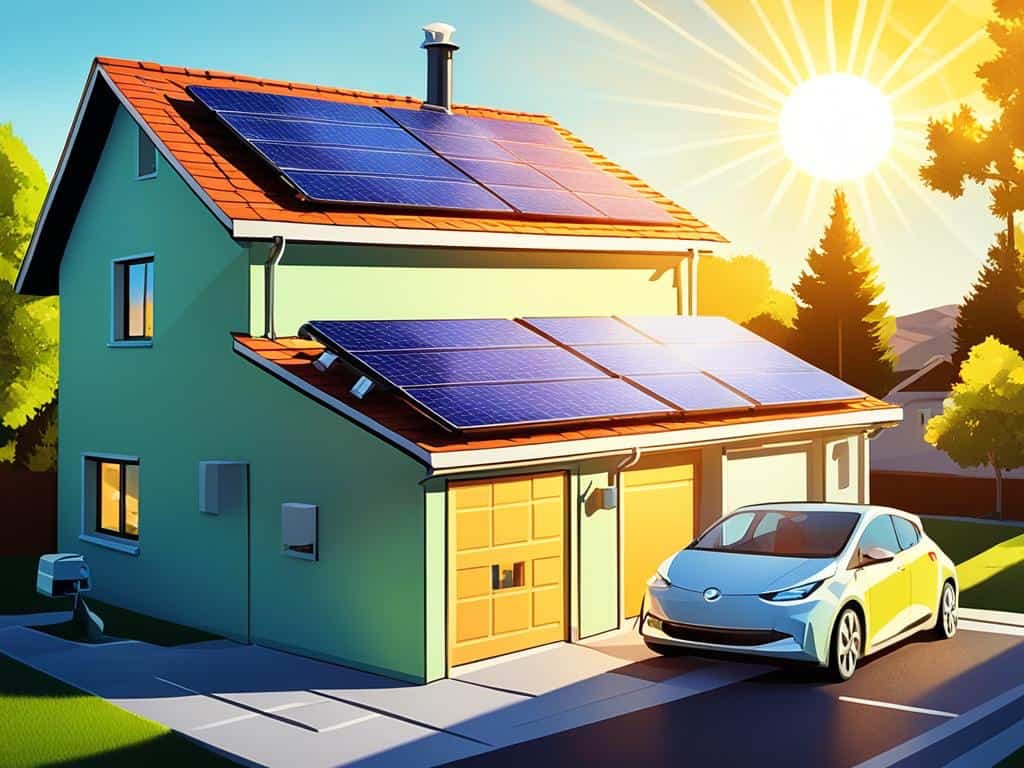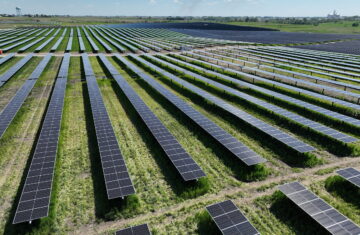What you don’t know about solar energy
Solar energy is produced by the sun’s radiant heat and light, making it a plentiful and renewable energy source. As people, companies, and governments look to wean themselves off of conventional fossil fuels and shift to more ecologically friendly options, this type of clean, sustainable energy has gained popularity in recent years.
The Science Behind Solar Energy Conversion

The photovoltaic effect, a physical and chemical process that happens when sunlight strikes certain semiconductor materials, usually silicon, is at the core of solar energy conversion. These materials are exposed to solar photons, which excite the electrons inside the semiconductor and cause them to break free from their atomic bonds. This allows the electrons to flow through the material and create an electric current.
Inverters and solar panels can then be used to capture this current and transform it into useful electricity. Modern solar panels are capable of converting up to 22% of the sun’s energy into electricity, a significant increase from the early days of the technology. This process has become much more efficient over time.
The Environmental Benefits of Solar Power

The absence of direct emissions or environmental pollution is one of the main benefits of solar energy. The production of solar power generates no direct emissions, in contrast to the release of harmful greenhouse gases and other pollutants into the atmosphere by fossil fuels. This makes solar power generation a sustainable and clean alternative for meeting global energy needs.
The carbon footprint of individual homes as well as entire communities can be significantly decreased by the broad use of solar energy. The gradual decrease in greenhouse gas emissions that results from more homes and businesses switching to solar power can help lessen the effects of climate change and support a more sustainable, healthy planet.
The Economics of Solar Energy
Previously, a major deterrent to widespread adoption was the high upfront costs associated with installing solar panels and related equipment. But in recent years, solar technology has become much more accessible and economical for businesses, homes, and utility-scale projects due to a sharp drop in costs.
Furthermore, a lot of governments provide tax breaks and other incentives to promote the use of solar energy, which lowers the cost of switching for individuals who are interested in doing so. The economic viability of solar energy is anticipated to improve even further as costs continue to drop and technology advances, making it an increasingly appealing option for supplying the world’s expanding energy needs.
The Future of Solar Energy

Solar power has many benefits, including being renewable and sustainable, having positive effects on the environment, and becoming more and more economically viable. As a result, it is obvious that this technology will be important in determining how energy is produced globally in the future.
Solar energy’s potential and allure will only increase with further developments in solar cell efficiency, storage options, and grid integration. The world will get closer to a future powered by renewable, environmentally friendly energy sources that can meet the rising demands of a rapidly expanding global population as more people, organizations, and governments embrace this clean, abundant source of power.
In conclusion, solar energy is a transformative technology that has the potential to revolutionize the way we generate and consume electricity. Over the coming years and decades, solar power is expected to become a more significant and indispensable part of the global energy landscape due to its scientific foundation, environmental benefits, and economic feasibility.



